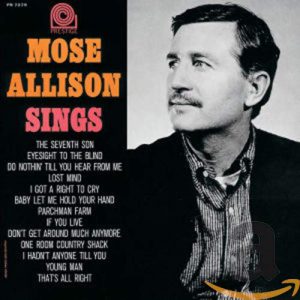 Jazz Corner of the World (Encore)
Jazz Corner of the World (Encore)
Mondays at 6:00pm
Mose Allison, Part 4
Craig presents his 4th and final chronological spotlight of the superlative artistry of legendary pianist, poet, singer, and composer Mose Allison. In this week’s presentation, we’ll hear selections from his final Blue Note releases, some live dates, and his final recording!
Wednesday Night Special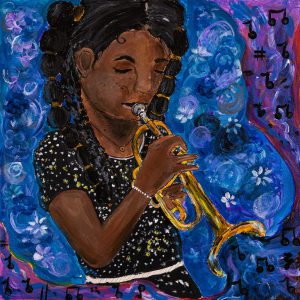
Wednesdays at 6:00pm
Corridor Jazz Project, Night Two
KCCK’s Corridor Jazz Project brings together the area’s talented high school jazz bands with the area’s best jazz professionals to rehearse a chart, record it in studio, then perform it live on stage. A record 21 bands took the stage at the Paramount Theatre in Cedar Rapids, and the Voxman Recital Hall in Iowa City. This week, we present the Corridor Jazz Concert at Voxman Hall.

Jazz Night In America
Thursdays at 11:00pm
Jazz and Resistance
To celebrate South Africa’s Freedom Day, Christian McBride honors the jazz musicians who stayed and resisted during apartheid — from Winston Mankunku Ngozi to Moses Taiwa Molelekwa — and spotlight pianist Thandi Ntuli, a rising star of the “Born Free” generation.
Jazz Corner of the World
Saturdays from 12:00 noon to 4:00pm
Birthday Salute to Stanley Cowell
Craig celebrates the music and memory of the great pianist Stanley Cowell by spinning choice examples from Cowell’s stellar career. We’ll hear him both as a leader and a prominent sideman with the likes of Charles Tolliver, Jimmy Heath, Larry Coryell, Roy Haynes, Bobby Hutcherson, Art Pepper, and others!
KCCK’s Midnight CD
KCCK features a new album every night, played from start-to-finish.
The Slow Road by Triology on Monday; The River by the Silvano Monasterios Venezuelan Nonet on Tuesday; Don’t Stop Now: The Lost Music of Thad Jones Written for Harry James by Sean Nelson’s New London Big Band on Wednesday; Out There by Hiromi on Thursday; Retrograde by Jennifer Lyn & the Groove Revival on Friday; The Bywater Sessions by Jon Cleary on Saturday; The Green World by Lorraine Feather on Sunday.

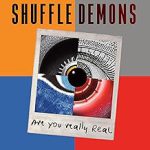 Internationally acclaimed jazzniks Shuffle Demons are celebrating their 40th anniversary in style, recently signing with one of Canada’s leading jazz labels, Alma Records. The first fruit of that union is the band’s eleventh album, “Are You Really Real.” All five members contribute compositions to the disc, with Juno-winning co-founder and primary composer Richard Underhill writing the majority of the tunes. The result is a truly diverse album, featuring elements of blues, rap, funk, and a range of jazz styles.
Internationally acclaimed jazzniks Shuffle Demons are celebrating their 40th anniversary in style, recently signing with one of Canada’s leading jazz labels, Alma Records. The first fruit of that union is the band’s eleventh album, “Are You Really Real.” All five members contribute compositions to the disc, with Juno-winning co-founder and primary composer Richard Underhill writing the majority of the tunes. The result is a truly diverse album, featuring elements of blues, rap, funk, and a range of jazz styles.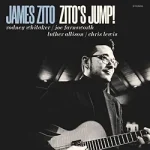
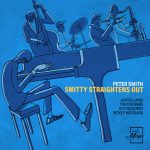

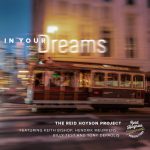
 Jazz Corner of the World (Encore)
Jazz Corner of the World (Encore)


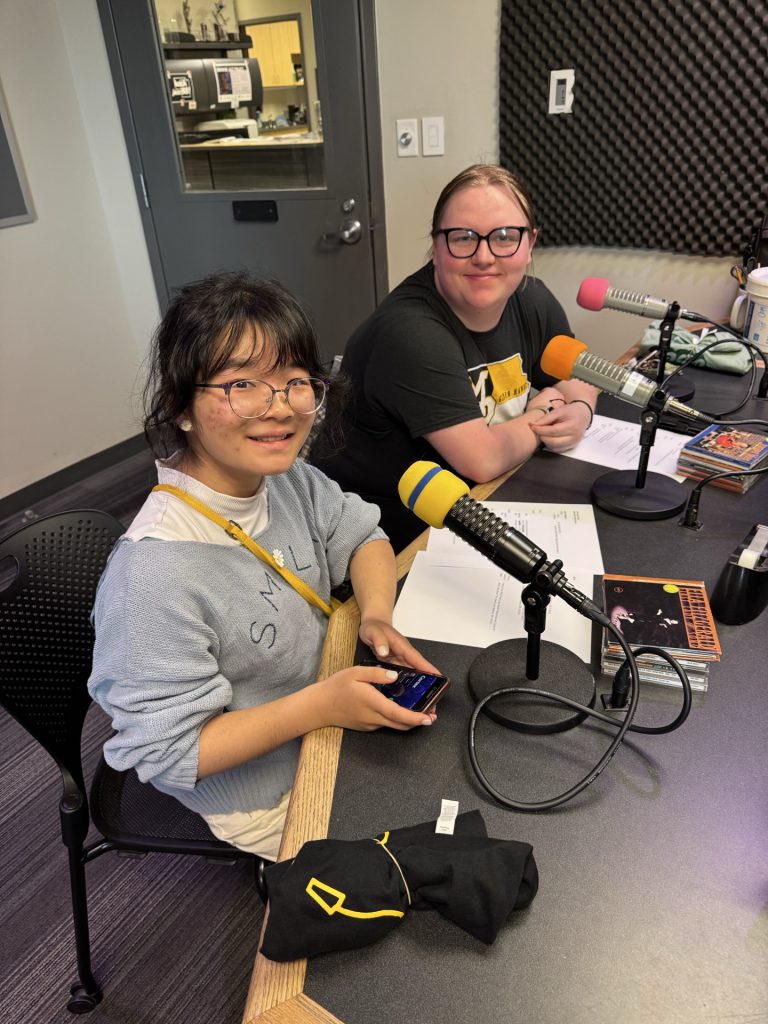
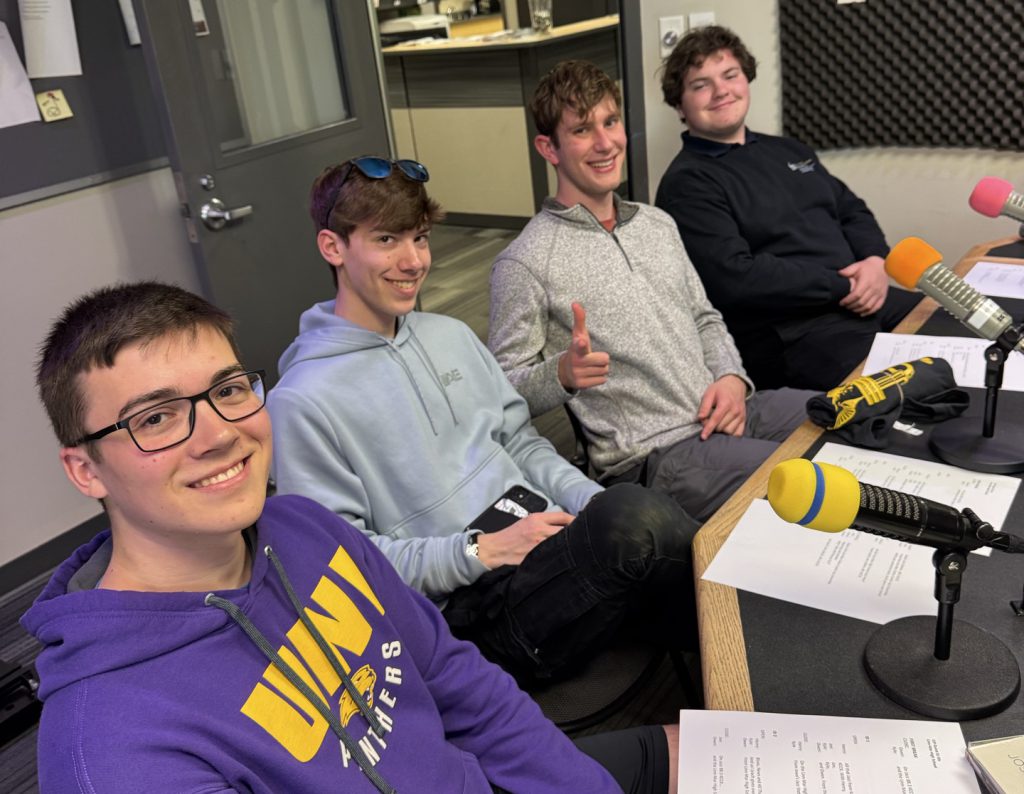 What a year for the Linn-Mar Colton Center Jazz Ensemble! After a slow start to the competition season, the band came storming back to win their District competition, which qualified them for Jazz Championships. Good thing, too, because they won the 4A contest!
What a year for the Linn-Mar Colton Center Jazz Ensemble! After a slow start to the competition season, the band came storming back to win their District competition, which qualified them for Jazz Championships. Good thing, too, because they won the 4A contest!